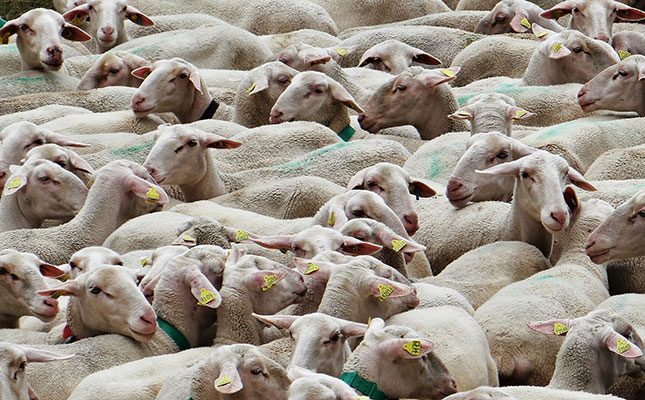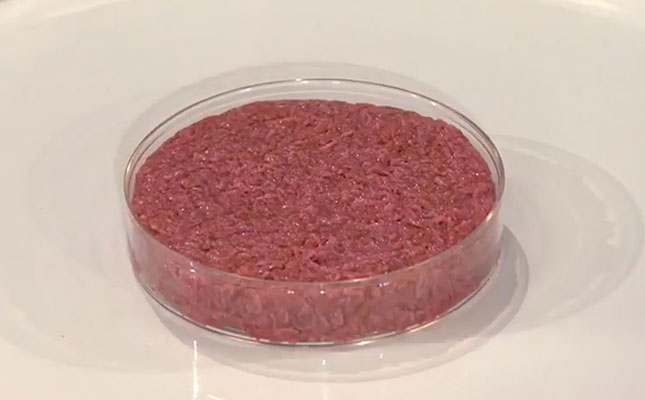
Photo: Wikimedia Commons
If passed, the new legislation would ban the exporting of all live farmed animals for fattening and slaughter from the UK, and was first announced in a speech by the UK’s King Charles last month.
Such a ban would apply to the exporting of all live cattle, sheep, goats, pigs and horses.
Farmers Weekly UK reported, however, that the bill would have to pass a series of stages for the legislation to come into effect, and that the general election planned for 2024 could delay its introduction.
According to the secretary of the UK Department for Environment, Food and Rural Affairs (Defra), Steve Barclay, the legislation would not affect Northern Ireland and the Republic of Ireland which were part of an “all-Ireland agri-food economy”.
He explained that the legislation was necessary to prevent animals from “enduring unnecessary stress, exhaustion and injury on long journeys”.
Farmers Weekly UK reported that the bill would ensure the slaughtering of livestock in “high welfare UK slaughterhouses”.
According to the country’s government, this would reinforce the UK’s position as “a world leader on animal welfare”, while also “boosting the value of British meat and helping to grow the economy”.
“However, live exports in other specific circumstances, such as for breeding and competitions, will still be allowed, provided animals are transported in line with legal requirements aimed at protecting their welfare,” the report said.
The local farming community, however, criticised the proposed legislation, with the Farmers’ Union of Wales warning that a legislative ban on live exports could potentially create an oversupply in UK markets, “resulting in lower demand and therefore reducing prices farmers receive for their stock”.
Phil Stocker, chief executive of the National Sheep Association, echoed these sentiments, saying said there was “very strong demand” for breeding stock in European countries, but the failure to establish border control posts (BCPs) “on either side of the Channel was costing the industry millions”.
“We have been working to push Defra to try and establish some BCPs to get the route up and running again. One or two ideas are being discussed, but there is no immediate solution,” he added.
A sheep farmer in East Sussex, Frank Langrish, told Farmers Weekly UK that the legislation was “absolutely illogical”.













